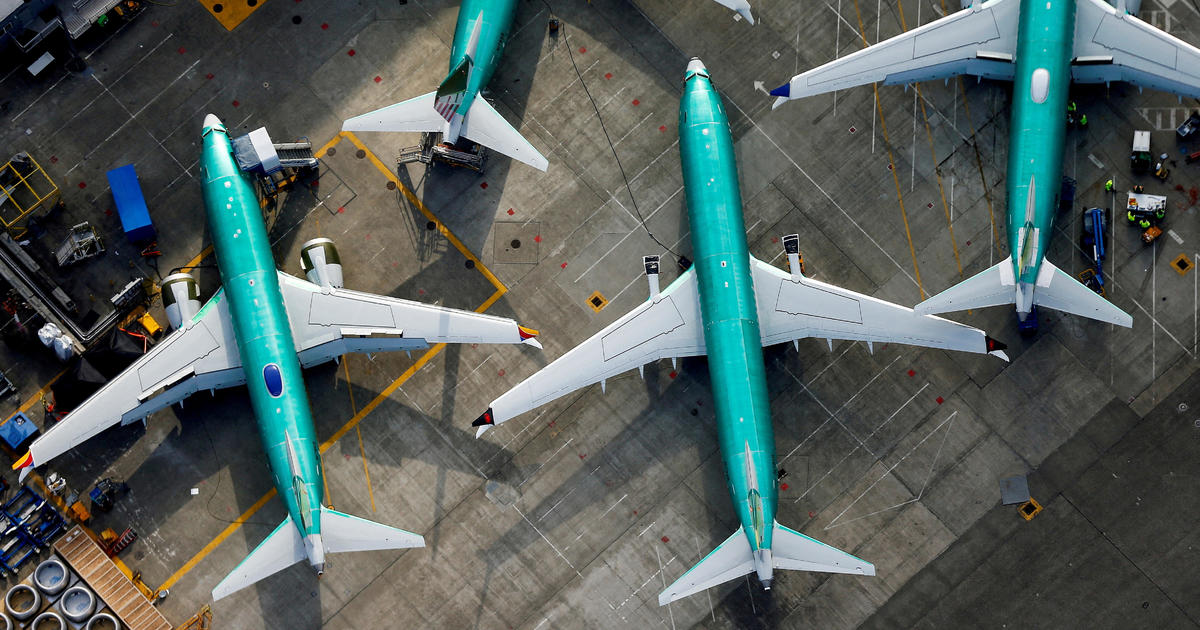Boeing has informed lawmakers that it will take up to a year to fix an engine issue on all 737 Max jets, which will delay the certification of the 737 Max 7 and Max 10 airliners. The issue involves the engine anti-ice system potentially overheating and causing damage to the engine. Boeing has assembled a team of technical experts to work on a safe and compliant solution for this problem, with the aim of having the fix ready within nine to 12 months.
Senator Tammy Duckworth, chair of the Senate Subcommittee on Aviation Safety, expressed relief that Boeing is committed to addressing this safety defect before certifying the Max 7 and Max 10 aircraft. She emphasized the importance of prioritizing passenger and crew safety and ensuring that Boeing remains on track to permanently fix the issue. Boeing had received a waiver from the FAA to continue operating the certified 737 Max 8 and 9 variants until a fix is developed, but a similar waiver for the Max 7 was withdrawn after demands from Senator Duckworth.
The incident that led to the withdrawal of the safety waiver for the Max 7 involved a door panel blowing out of an Alaska Airlines flight midair in January. Boeing will not seek full certification for the Max 7 or Max 10 until the engine issue is resolved. The company acknowledged that the work required to fix the anti-ice problem is complicated, as small changes to the engine inlet can impact engine performance and require a thorough understanding of safety and compliance impacts on all systems.
United Airlines CEO Scott Kirby announced that the airline has instructed Boeing to stop building the 737 Max 10 planes they have on order and focus on producing 737 Max 9 planes instead. Kirby expressed uncertainty about when the Max 10 will be certified, highlighting the challenges posed by the engine issue. This decision reflects the cautious approach being taken by airlines and manufacturers to ensure the safety of passengers and crew in light of the ongoing concerns with the 737 Max jets.
In conclusion, Boeing’s acknowledgment of the 737 Max engine issue and commitment to resolving it within a year is a crucial step towards ensuring the safety of passengers and crew. Senator Duckworth’s advocacy for safety measures and oversight of Boeing’s efforts to address the problem are essential in maintaining public trust in the aviation industry. The decision to delay certification of the 737 Max 7 and Max 10 until the engine issue is resolved demonstrates a responsible approach to prioritizing safety over commercial interests. Airlines like United are also taking proactive measures to adjust their orders and focus on alternative aircraft models until the Max 10 is certified, reflecting a commitment to passenger safety above all else.









